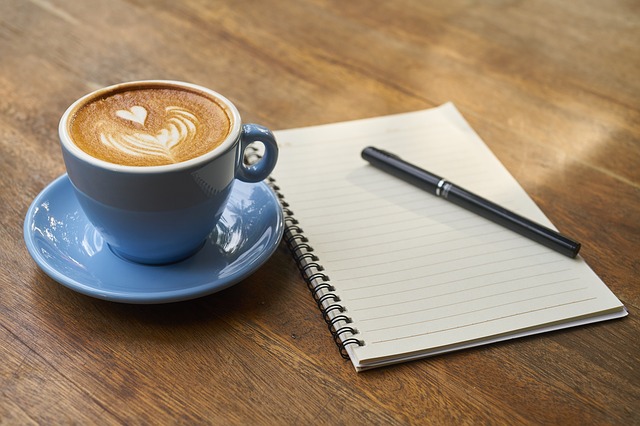It’s practically a ritual at this point.
A thermos packed away in your briefcase. An essential stop on your morning commute. A quick trip to the break room when you arrive at the office.
However you choose to consume it, you’re probably among the millions of Americans who chug down at least one cup of coffee a day. I wouldn’t be surprised if you had a mug nearby as you read this piece. I know I certainly had one when I was writing it.
According to a study commissioned by the National Coffee Association, more people are now drinking coffee than ever before. 64 percent of Americans drink a cup of coffee every day. Many of them probably drink more than that.
There’s no denying that coffee has been ingrained in our culture. We don’t perceive caffeine as a drug. At worst, we view it as a fun treat or a tool to reduce fatigue and boost productivity.
It’s not like there’s a dearth of evidence to that end. Researchers from multiple universities and institutions have found that regular consumption of coffee can improve cognitive function, enhance attention and working memory, mitigate the effects of fatigue, and act as a short-term means of pain relief. And that’s all just in the short-term.
As reported in the L.A. Times, coffee can actually reduce your risk of death from heart disease, diabetes, and even cancer.
At this point, you’re probably thinking that caffeine practically sounds like a miracle drug. You’re probably wondering why anyone would even think of eliminating it from their lifestyle.
Continuing to drink coffee comes down to one thing – how it impacts you.
Ask yourself the following questions.
- Am I getting enough sleep?
- Am I eating right and exercising properly?
- Does caffeine make me feel energized, or do I simply feel anxious and restless?
- Do I find myself having to drink progressively larger quantities of coffee to get the same effect?
- Do I feel angry, exhausted, or irritable before I’ve had my morning coffee?
In short, if you’re taking care of yourself and getting enough rest, a cup or two of coffee is absolutely harmless. If, however, you’re using coffee as a band-aid fix for a poor diet, lack of exercise, or terrible sleep habits, it might be time to reconsider your morning cup of joe. Perhaps more importantly, if you’re the kind of person who’s prone to anxiety or nervousness, caffeine might well do more harm than good.
My best advice is to try quitting coffee for a month or so. See if it makes a difference. If you don’t really feel any better or worse, no harm is done.
But if you do feel better? If you feel more focused, less stressed, and generally happier? It’s time to quit coffee – because for you, the energy it gives isn’t worth the problems it may cause.
